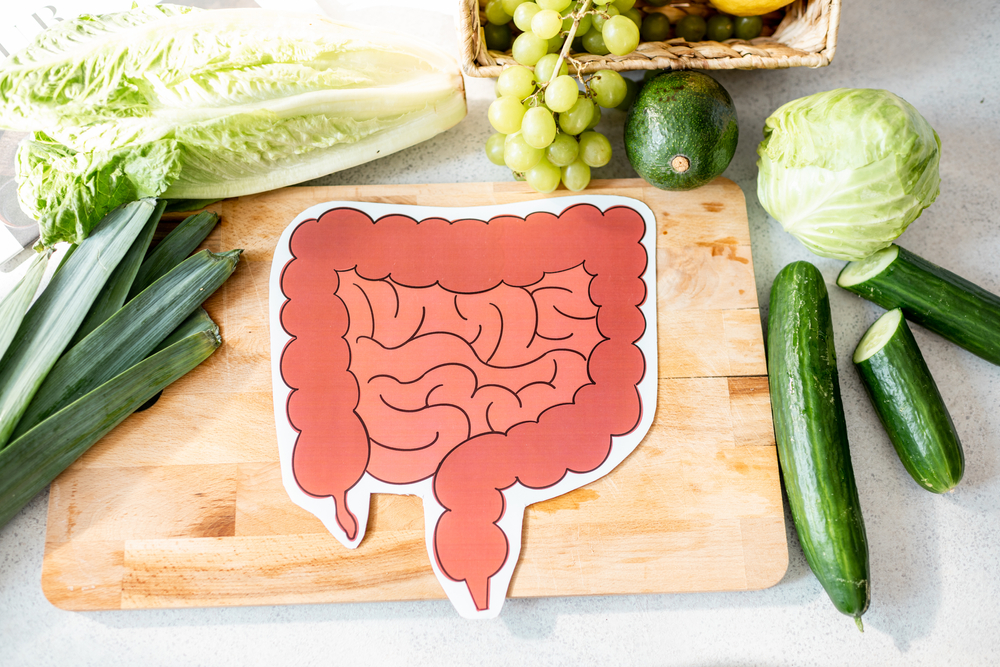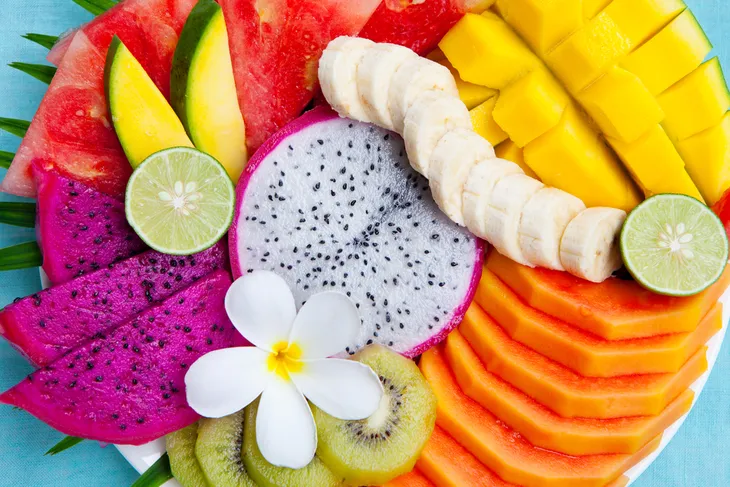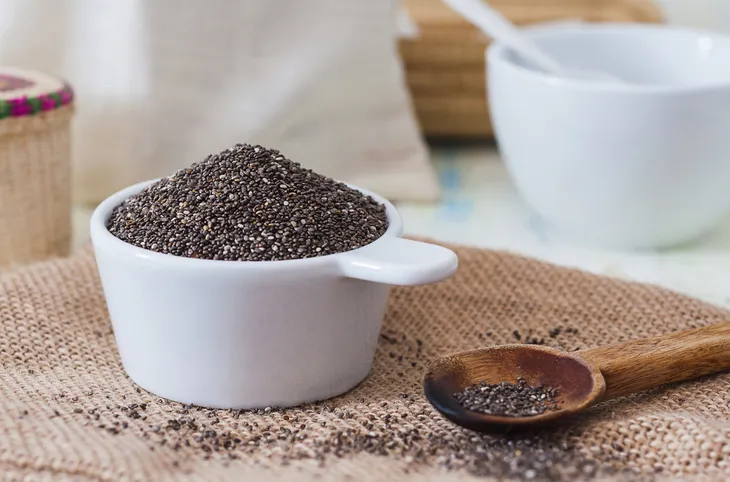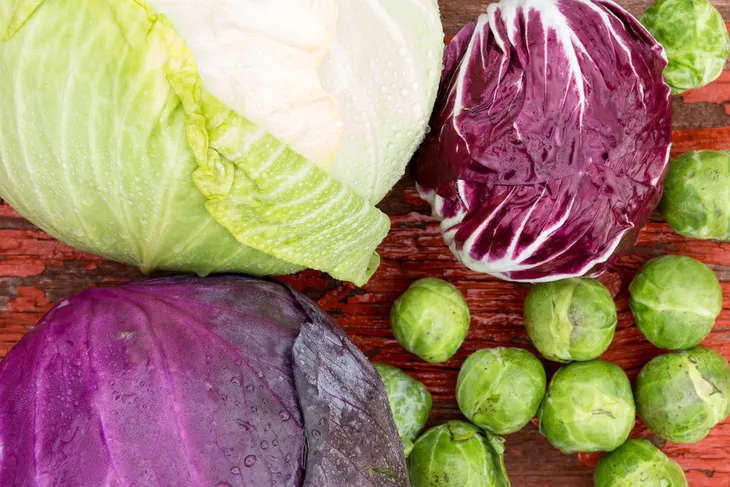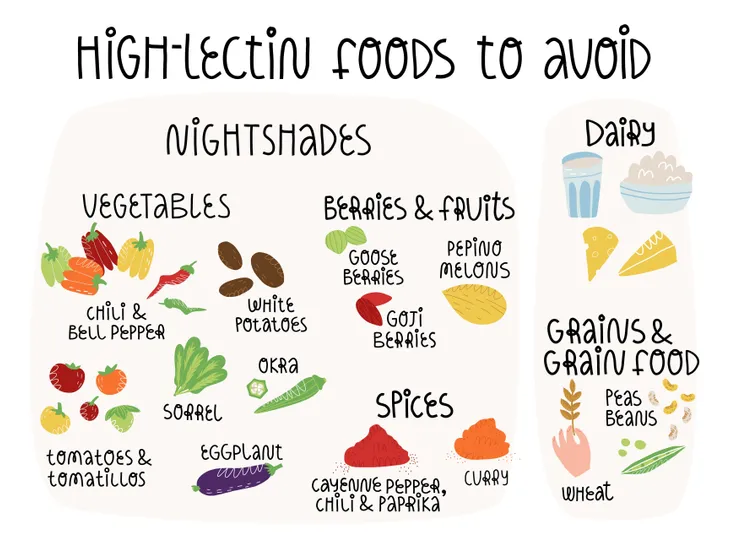Before we tell you what foods are best for leaky gut syndrome, we should first explain what it is. Although “leaky gut” is not yet in the medical dictionary, the term refers to an increase in intestinal permeability that may be related to painful digestive problems. However, just because the medical community does not officially recognize leaky gut, it doesn’t mean there aren’t already dedicated “treatments” on the market.
Many of these so-called magic cures have no proof to back them up, explains the Canadian Society of Intestinal Research. Meanwhile, there is some emerging research that suggests certain foods may help (or hinder) your overall gut health. Here are some of them…
Eat: Fermented Foods
Medical News Today cites a 2018 review that suggests having low biodiversity of gut bacteria can contribute to higher intestinal permeability as well as inflammation, leading to other conditions such as inflammatory bowel disease.
The site says that increasing the diversity of bacteria is one way you can help support your overall gut health. Adding some fermented foods to your diet such as yogurt, kefir, kimchi, sauerkraut, miso and some cheeses can boost prebiotics and probiotics intake to encourage healthy bacteria growth.
Eat: Fruits
It’s not really a surprise that fruit would be on the positive list, because what is fruit not good for? Aside from being a delicious alternative to sugary snacks, they also deliver a lot of vitamins, nutrients as well as antioxidants that can help prevent disease.
The best fruits to eat when you’re focusing on gut health according to Healthline are coconuts, grapes, oranges, pineapple, bananas, passion fruit and papaya. It also notes many types of berries are on this list: blueberries, raspberries, and strawberries can also be enjoyed if you have leaky gut.
Eat: Fish
Fish in general is a good addition to any diet, but might especially benefit those with leaky gut syndrome, notes Healthline. The source says you should focus on omega-3 rich varieties that include tuna, salmon, and herring.
Omega-3 fatty acids have been shown to reduce inflammation, while also have been shown to help prevent heart disease and depression. They can be found elsewhere other than fish including in egg yolks, walnuts, and more.
Eat: Sprouted Seeds
While many types of seeds make a healthy snack, they also contain a good deal of fiber that can aid in regularity and encourage beneficial bacteria growth, explains Dr. Axe. In particular, the source lists sprouted seeds such as chia seeds, flaxseeds, and hemp seeds it says are high on the list of fiber content.
Healthline notes that raw sprouts (including seed sprouts) are very nutritious, as well as containing higher levels of proteins and amino acids. However, Dr. Axe warns that if you have “severe” leaky gut, it might be easier on your system to ease into eating sprouted seeds by starting with steamed veggies and fruit.
Eat: Vegetables
No diet would be complete without some delicious veggies on the side. MindBodyGreen.com explains leafy greens and cruciferous vegetables are the best for those suffering from leaky gut, as they are rich in prebiotic fiber that feeds probiotic bacteria in the digestive system.
The vegetables specifically mentioned by the source include cabbage, cauliflower, Brussels sprouts, collard greens, and arugula. Meanwhile, it also notes that “slow carbs” from starchy vegetables such as sweet potatoes and butternut squash can also be beneficial.
Avoid: Cow’s Milk
According to Dr. Axe, “conventional” cow’s milk may be a culprit behind leaky gut. This is due to the presence of a protein called A1 casein in this milk that isn’t friendly to the gut, explains the source.
The source adds that the pasteurization process to remove harmful organisms in the milk can also strip away some beneficial enzymes, which in turn makes it harder to digest certain sugars. It recommends to buy raw dairy or “A2” dairy products.
Avoid: Gluten Products
Avoiding gluten has become somewhat of a trend, but there are some medical reasons to do it. For example, gluten is already on the no-go list when it comes to those with Celiac disease. But MindBodyGreen.com explains that many doctors have already linked gluten to leaky gut symptoms as well.
The source explains that gluten is associated with the release of zonulin, a protein that modulates the intestinal barrier and could worsen the syndrome. Foods that fall into “gluten rich” include pasta, breads, cereal, and (sorry to add) beer. Even corn (which is naturally gluten-free) can trigger symptoms similar to gluten sensitivity in some people, it adds.
Avoid: Lectins
While gluten is found in many grains, so is lectin, a protein that binds to sugar. The source says it’s not a big deal to consume small quantities, “But foods that have large amounts of lectins are more problematic.”
However, as Dr. Axe points out, there are other foods to watch out for other than grains that contain this protein. It specifically lists wheat, rice, soy and spelt as four sources of lectin to avoid. But you should also think twice about other high sources such as legumes and nightshade vegetables (including tomatoes) if you have leaky gut.
Avoid: Sugars
Everywhere you look on the grocery shelf, you’ll see sugar content in various forms. But MindBodyGreen.com says you should avoid refined sugars (often disguised with names like high-fructose corn syrup) but also other products that contain seemingly “healthy” sweeteners.
More specifically, the source explains there are some “healthy sweeteners” on the market including coconut sugar that can cause issues, and it reminds people that alcohol also breaks down as sugar. “These wreak havoc in your gut, and research shows sugar can feed bad gut bacteria,” it notes.
